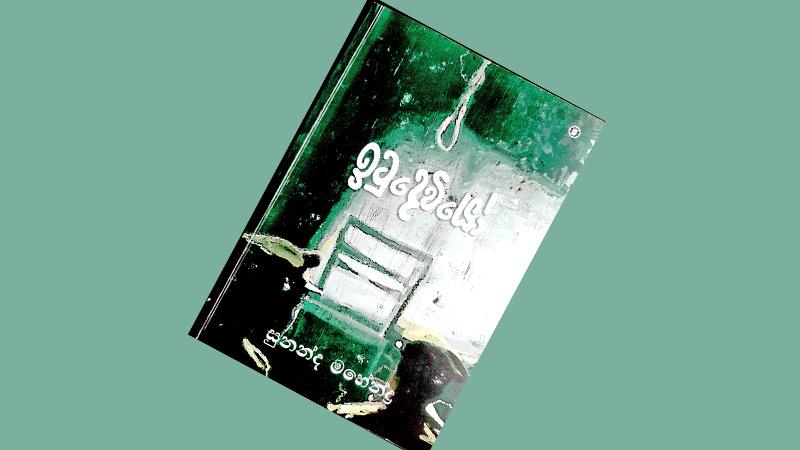
Itudeviyo (Sinhala)
Sunanda Mahendra
Sarasavi Publishers.
Sunanda Mahendra has done it again, the way only he could do it.
Two years ago, when he published his semi-autobiographical work, ‘Monologues’, as fate would have it, I began my review with the same words. “Prof. Sunanda Mahendra has done it again. He has jumped right out of the box. The box was created by those who brought in Western
literature in place of our own Sahitya. Literature locked our hands in chains, blocked our minds with walls, placed blinkers on our eyes and imprisoned our creativity. We need to free ourselves from all these fetters, and go back to our Sahitya.” And today, I have the same words to describe ‘Itudeviyo.’
However, while “Monologues’ resembled a radio play, ‘Itudeviyo’ took me to the theatre. As I read the book I found myself watching a fantastic drama, created by the author, aiming at each one of his fans, individually, so that each one of us could sit in our own ‘theaters of imagination’ and enjoy his play.
Although it is unfair to use hackneyed terms to describe this innovative work, in literary terminology, “Itudeviyo” can be called a postcolonial novel set in the days immediately after the end of colonial rule. However, because Sunanda Mahendra ignores western literary views and frees himself from the shackles of traditional writing styles such a definition would not do justice to this work.
Whether he is writing in Sinhala or English, he has always ignored the “genre” he is working with, which is just as well as this term is a totally alien concept for us, especially when we do not even have an equivalent word in any South Asian language to describe it, in much the same way the term “literature” fails to describe the literary work of South Asia. It is this freedom from conventional literary structures visible in his work that I admire the most in Sunanda Mahendra’s creative endeavors.
Itudeviyo, commonly known as Ishta Devata in South Asia, or anglicised as a Guardian Angel carries many nuances. Even a hardened atheist would sometimes look up to an unseen Itudeviyo, or seek one among his fellow beings or try to find one within their own selves.
As mentioned earlier, when we look at Itudeviyo not as a novel, but the way I see it, as a drama, with no protagonist, or even a specific narrator, we sometimes see the narrator himself on the stage, among the other actors while others who are also acting join us in the audience to watch the play unfold.
This is why Itudeviyo reminds me of the poem by the Nepali poet, Prakash Subedi,
At the Theatre he was on the stage and I was at the audience With full attention I watched until a question haunted me: Who was acting?
This poem haunted me as I read Itudeviyo.
Who was acting, Sunanda Mahendra, Dharme, Nandasiri or daya dissanayake? Was there a diary or a set of notebooks written by Dharme, or were they creations of Nandasiri, the narrator? Was there really a saw mill or timber yard? Did a man die, by accident or was he murdered? Sunanda Mahendra does not give us the answers. Clearly he believes the answers are within us and it is up to us to find them.
Itudeviyo is a unique creation as it allows us to read and enjoy the story as if we are reading a novel, or watch the events on the page as if we are at the theater or become an actor in the drama, or we can use the story as a form of meditation and seek inner peace. And eventually we will know who was acting and who was not.
